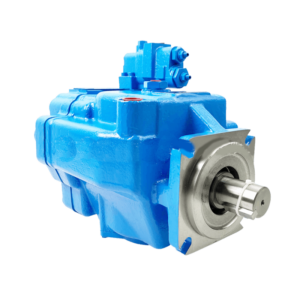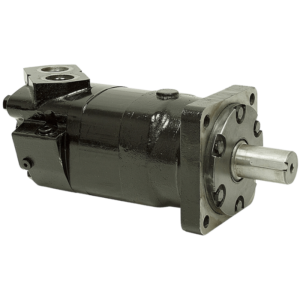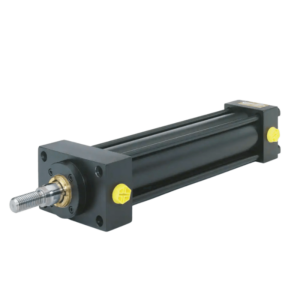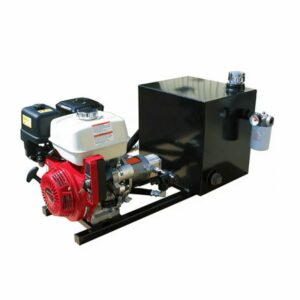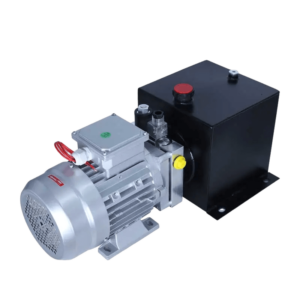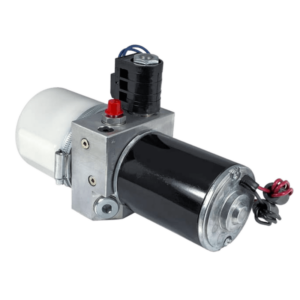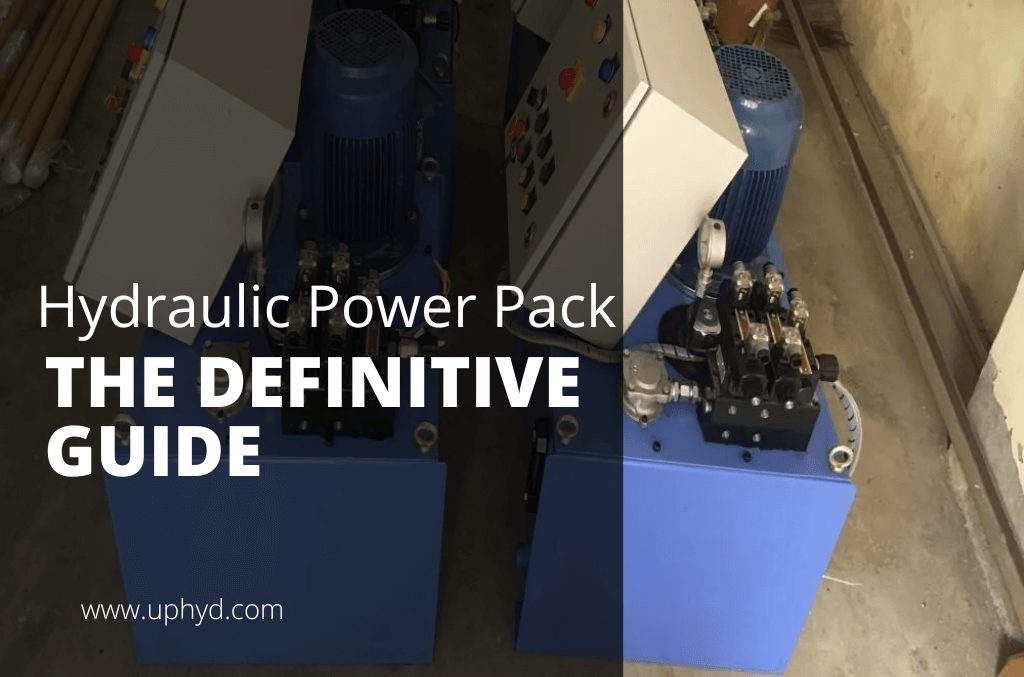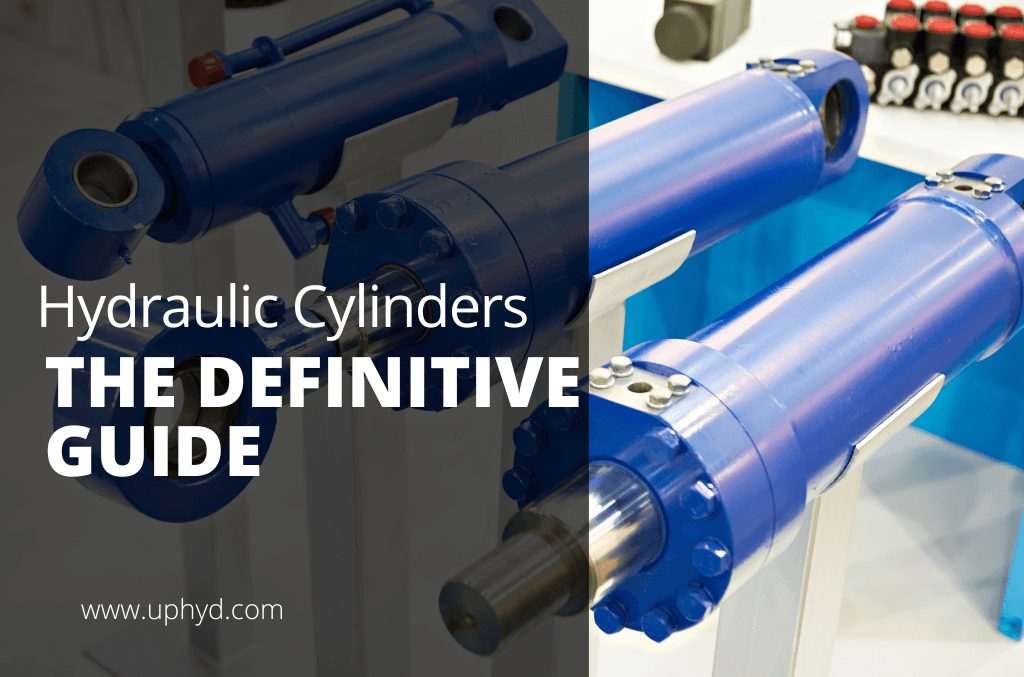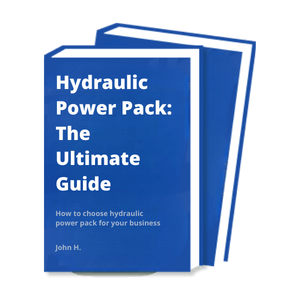PRODUCT FEATURES
Hydraulic Vane Motor Manufacturer to Rocket Your Business
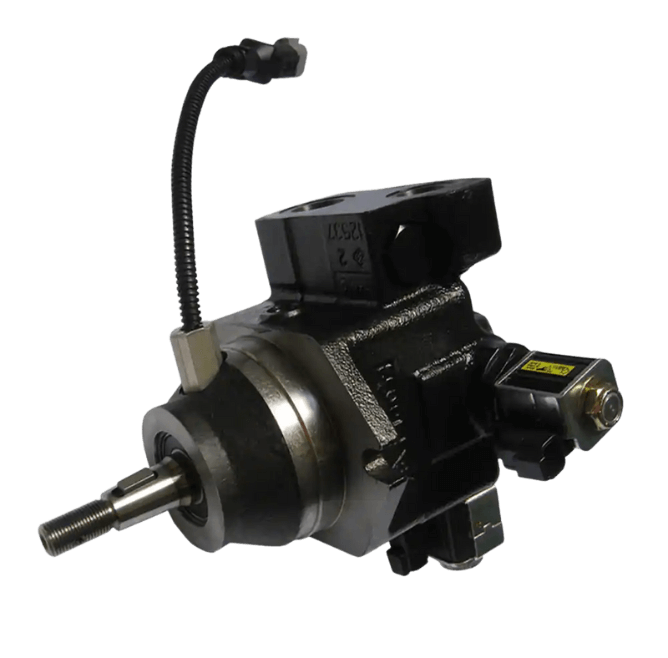
PRODUCTS
Proud To Offer a Wide Variety of Products
If you are looking for something specific that isn’t listed on our website yet, just contact us today!

ABOUT US
Who is Uphyd.com
Uphyd.com have seen that today there are also many hydraulic power pack companies in China & internationally. However, their solutions were still stuck a few years ago.
In fact, we have been upgraded in recent years, and uphyd.com hope our smart and flexible solutions can inject fresh blood into this market.
PARTNER
Trusted by 530+ Top Companies





BUYER’S GUIDE
The Definitive Guide to Hydraulic Vane Motor
When it comes to hydraulic vane motors, there is a lot of information out there. It can be tough to know where to start and what you need to know.
In this guide, you’ll learn everything you need to know about these systems before making a purchase. We’ll go over the key features and common industry applications of hydraulic vane motors. Plus, we’ll provide some buying tips for choosing the right model for your needs.
So whether you’re a first-time buyer or just looking to brush up on your knowledge, read on for all the information you need!
Table of contents
1. What Is Hydraulic Vane Motor?
A hydraulic vane motor is a type of rotary hydraulic motor that uses vanes to convert hydraulic pressure into torque. The motor consists of a housing (usually cylindrical) with several vanes that slide in and out as the housing spins. The vanes are connected to an output shaft, which provides the torque.
The hydraulic vane motor was invented in the early 1900s by Charles Hatfield, who also invented the hydraulic press. The first hydraulic vane motors were used in pumps and compressors, but they are now used in a wide variety of applications including construction equipment, agricultural machinery, and automotive components.
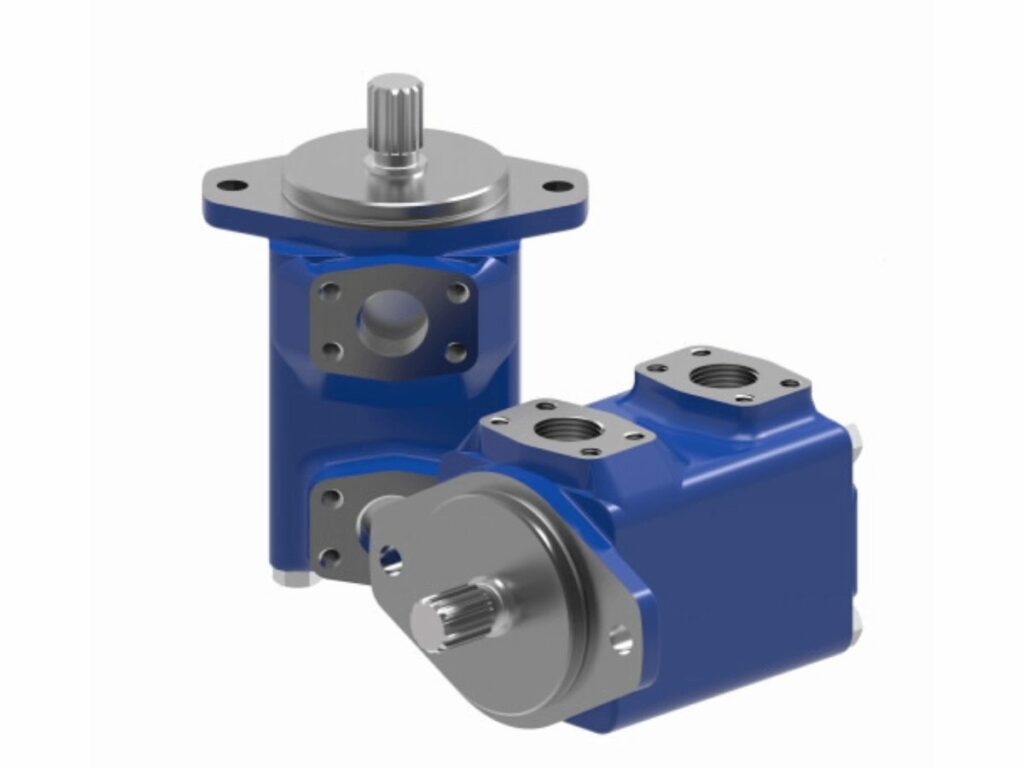
2. How Does It Work?
Hydraulic vane motor works by using hydraulic fluid to move the vanes. The fluid enters the housing through an inlet port and then flows into chambers between the vanes. As the housing spins, the fluid is forced to move with it and push the vanes out. This action creates a seal between the vane and the housing, which drives the output shaft.
The amount of torque produced by the motor depends on the size of the housing, the number of vanes, and the pressure of the hydraulic fluid. The speed of the output shaft can be controlled by regulating the flow of fluid into the housing.
To learn more about vane motor and how does it work, check this video!
3. Key Features
The key features of a hydraulic vane motor include:
Compact
One of the key benefits of a hydraulic vane motor is its compact size. Compared to other types of rotary hydraulic motors, the vane motor is relatively small and lightweight. This makes it ideal for applications where space is limited.
High Efficiency
Another key feature of hydraulic vane motors is their high efficiency. Vane motors typically have efficiencies of 90% or higher, which means that they convert most of the hydraulic energy into mechanical energy. This makes them more efficient than piston motors, which have efficiencies in the range of 60-70%.
Smooth Operation
Hydraulic vane motors also have a reputation for being smoother-running than piston motors. The lack of reciprocating parts means that there is less vibration, which makes for a smoother operation.
Variable Speed
Hydraulic vane motors are also capable of operating at variable speeds. This is because the vanes can be moved independently of the housing, which allows for a wide range of speed control.
Reversibility
Another key feature of balanced vane motors is their reversibility. This means that they can be used to provide both forward and reverse motion, which is useful for applications where direction changes are required.
These are just some of the key features that make hydraulic vane motors an attractive option for a wide range of applications.
4. The Benefits of Hydraulic Vane Motor
There are many benefits to using a hydraulic vane motor rather than other types of motors. Here are just a few of the benefits:
Reliability
Hydraulic vane motors are known for their reliability. This is because they have relatively few moving parts, which means that there are fewer opportunities for things to go wrong.
Long Life
Hydraulic vane motors also have a reputation for being long-lasting. This is because they are designed to operate in harsh conditions and can withstand a lot of wear and tear.
More Torque at Low Speeds
Vane motors generate more torque at lower speeds than other types of motors, making them ideal for applications that require low speeds and high torque.
Less Likely to Overheat
Because they are more efficient, hydraulic vane motors are less likely to overheat than other types of motors.
Self-Lubricating
The vanes in a hydraulic vane motor are self-lubricating, meaning that there is no need to add oil or grease to the system. This reduces maintenance costs and increases the life of the motor.
Easy to Maintain
Hydraulic vane motors are easy to maintain and repair. Because they have few moving parts, there is less that can go wrong with them.
Using a hydraulic vane motor in your system has many benefits. If your business could benefit from the above-mentioned advantages, then a hydraulic vane motor is the right choice for you.
5. 6 Common Industry Applications
Now that we’ve covered the key features and benefits of hydraulic vane motors, let’s take a look at some of the most common industry applications:
Construction Equipment
Hydraulic vane motors are commonly used in construction equipment such as excavators, bulldozers, and graders. Their compact size and high torque output make them ideal for use in this type of equipment.
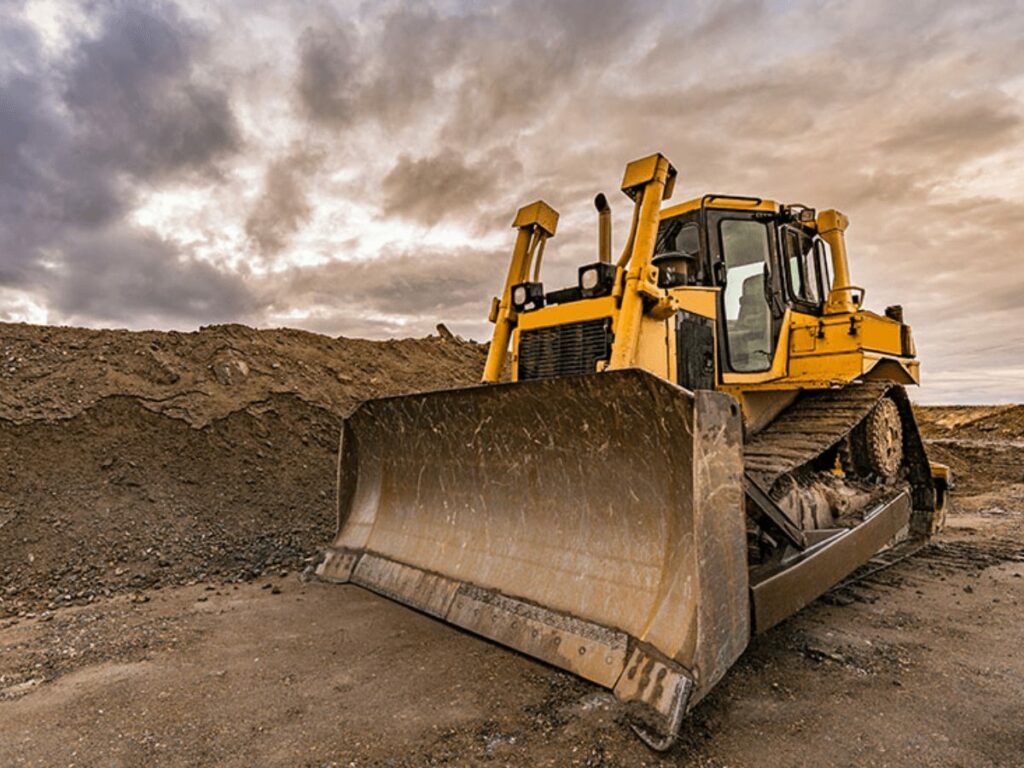
Material Handling
Hydraulic vane motors are also commonly used in material handling applications such as conveyors, lifts, and cranes. Their smooth operation and reversibility make them ideal for use in these types of systems.
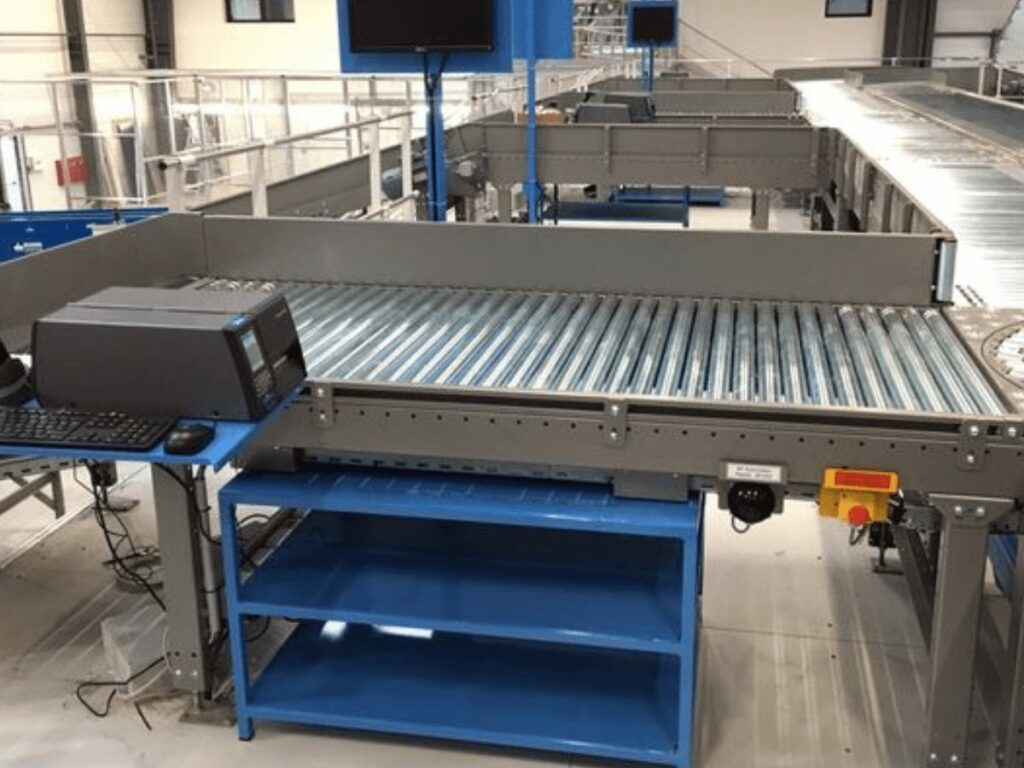
Automotive
Hydraulic vane motors are also used in a variety of automotive applications. Their compact size and high efficiency make them ideal for use in power steering systems, brakes, and transmissions.
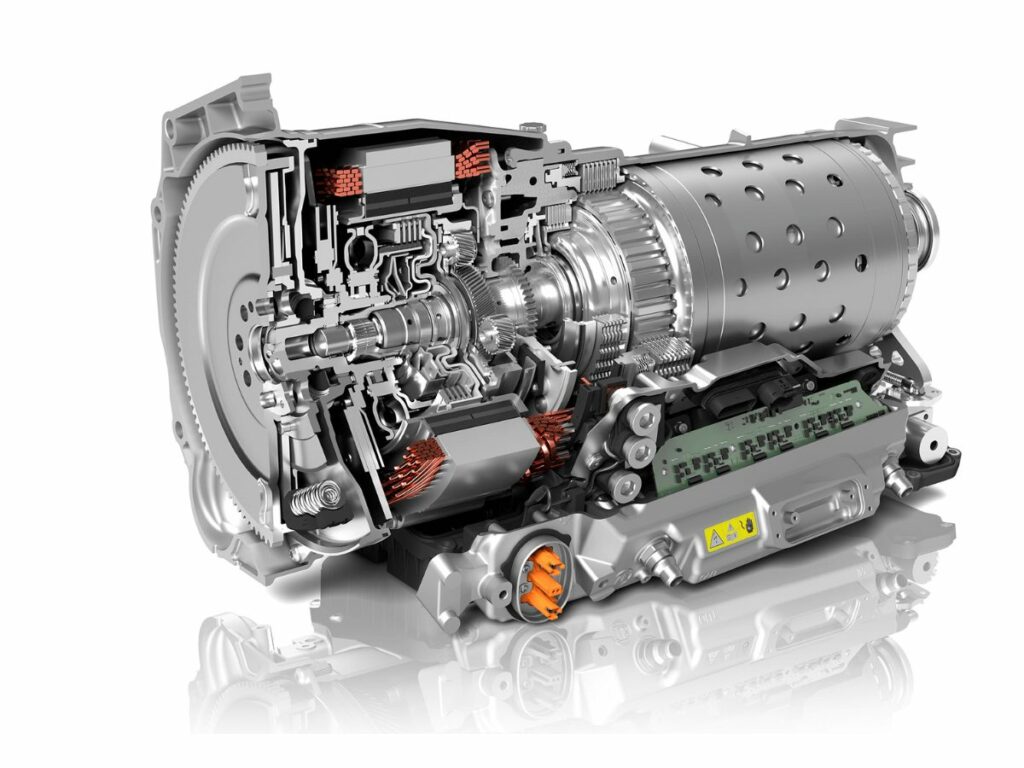
Recreational
Hydraulic vane motors are also used in a variety of recreational applications such as ATVs, snowmobiles, and boats. Their compact size and high torque output make them ideal for use in these types of applications.

Hydraulic vane motors are versatile and can be used in a wide variety of applications. It’s important to know how and where they can be used before making a purchase.
6. Type of Vane Motors and Their Functions
So, we’ve covered the basics of hydraulic vane motors, we’ll now then take a look at the different types of vane motors and their functions:
| Single Stage Vane Motor | Two-Stage Vane Motor | Variable Vane Motor |
|---|---|---|
| The most basic type of vane motor. | It has two sets of vanes. The first set of vanes is used to pump hydraulic fluid into the second set of vanes. | It has vanes that can be adjusted to vary the amount of hydraulic fluid that is pumped. |
| Consists of housing with vanes that are moved by hydraulic fluid. The vanes are connected to a shaft, which is used to drive the equipment. | Typically used in high-speed applications such as automotive transmissions. | Typically used in applications where speed and torque need to be controlled. |
| Typically used in applications where low speeds and high torques are required. | Commonly used in conjunction with a two-stage gear pump | Commonly used in construction equipment and vehicles. |
| Commonly used in construction equipment and material handling applications. |
Hydraulic vane motors are used in a variety of applications where high torque and low speed are required. These types of vane motors have its own advantages and disadvantages that should be considered when choosing which one to use.
7. Where to Buy Hydraulic Vane Motor
When it comes to finding sellers of hydraulic vane motors, there are a few options available. Here are some of the most popular places to purchase these motors:
Online Retailers
There are many online retailers that sell hydraulic vane motors. A quick search on any major search engine will reveal a long list of options.
Industrial Equipment Suppliers
Many industrial equipment suppliers sell hydraulic vane motors. This is a great option for those who need a high-quality motor for an industrial application.
Local Dealership
If you’re looking to buy a hydraulic vane motor locally, your best bet is to go to a local dealership. They will have a wide selection of hydraulic motors to choose from and can help you find the perfect one for your needs.
Tradeshows
Another great place to find hydraulic vane motors is at tradeshows. These events are usually held annually and showcase new products from various manufacturers. This is a great place to see new products and get a feel for what’s available on the market.
Hydraulic Equipment Manufacturers
Some hydraulic equipment manufacturers sell vane motors as well such as Uphyd. This is a great option for those who need a custom or specific motor for their application.
At Uphyd, we offer a wide range of hydraulic vane motors for all sorts of applications. We have standard models as well as custom models that can be designed and manufactured to meet your specific needs. Contact us today to learn more about our products and services!
No matter where you purchase your hydraulic vane motor, it’s important to make sure that you’re getting a high-quality product. There are many options available, so take your time and find the best one for your needs.
8. The Average Cost of Hydraulic Vane Motor
The cost of hydraulic vane motors can vary depending on the type, size, and quality of the motor. Here is a general guide to help you get an idea of what you can expect to pay:
- Single Stage Vane Motor: between $100 and $500
- Two Stage Vane Motor: between $500 and $1,000
- Variable Vane Motor: between $1,000 and $2,000
The cost of hydraulic vane motors can vary depending on the specific model and supplier. It’s important to compare prices from different sources before making a purchase.
9. 5 Buying Tips About Hydraulic Vane Motor
When it comes to purchasing a hydraulic vane motor, there are a few things that you should keep in mind. Here are 4 tips to help you make the best decision:
#1 Gear Type
When it comes to choosing a hydraulic vane motor, one of the first things that you need to consider is the gear type. This is because the gear type will determine the amount of torque that the motor can generate.
#2 Number Of Vanes
Another thing to consider is the number of vanes that the hydraulic vane motor has. The more vanes the motor has, the higher the torque output will be.
#3 Standard Or Customized
Another thing to think about is whether you want a standard or customized hydraulic vane motor. If you need a specific size or performance, then you will want to go with a customized option. Otherwise, a standard hydraulic vane motor should suffice.
#4 Pump Type
The last thing to consider is the type of pump that you will be using with the hydraulic vane motor. This is because different types of pumps require different types of motors.
#5 Motor Mounting
You also need to consider the mounting of the motor. There are 2 common types of mounts: horizontal and vertical. Each has its own advantages and disadvantages that you need to consider before making a decision.
These are just a few things to keep in mind when you are shopping for a hydraulic vane motor. By taking the time to consider your options, you can be sure to find the best possible option for your needs.
10. Conclusion
That’s it! – You now know everything there is to know about hydraulic vane motors. These motors are a great option for those who need high torque output and low noise levels. Be sure to keep the above information in mind when you are shopping for a hydraulic vane motor.
And if you have any questions, feel free to contact us at Uphyd. Our expert team would be more than happy to assist you in finding the perfect motor for your needs. Get in touch with us to get started!
FEATURE BLOGS
READY TO LEARN MORE?
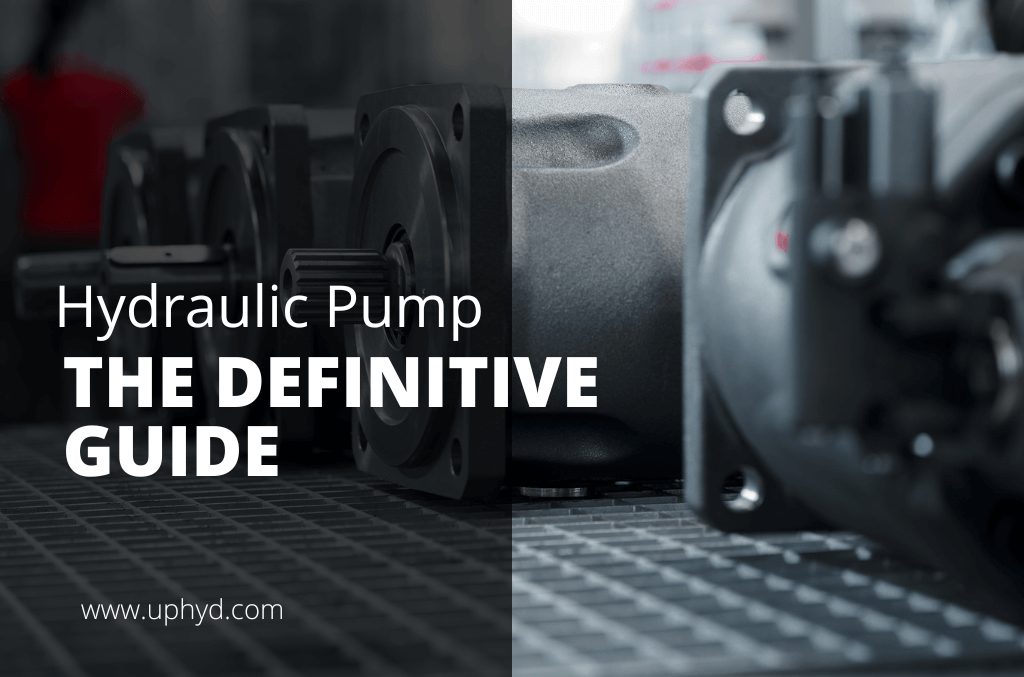
Find everything you need to know about hydraulic pumps in this comprehensive guide.


